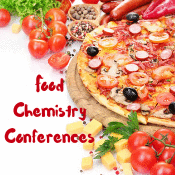Fertilizers & Pesticides
Fertilizer is any material of natural or synthetic origin that is applied to soils or to plants tissues to supply one or more plant nutrients essential to the growth of plants. Fertilizers enhance the growth of plants. This goal is met in two ways, the traditional one being additives that provide nutrients. The second mode by which some fertilizers act is to enhance the effectiveness of the soil by modifying its water retention and aeration.
Pesticides are substances meant for attracting, seducing, and then destroying, or mitigating any pest. They are a class of biocide. The most common use of pesticides is as plant protection products (also known as crop protection products), which in general protect plants from damaging influences such as weeds, plant diseases or insects. This use of pesticides is so common that the term pesticide is often treated as synonymous with plant protection product, although it is, in fact, a broader term, as pesticides are also used for non-agricultural purposes.
- Impact of Fertilizers & Pesticides Use in Agriculture
- Applications of Fertilizers & Pesticides
- Production and Application of Biofertilizers & Biopesticides
- Constraints in Biofertilizer Technology
- Azolla-Anabena Symbiosis
- RNAi & Biochemical Pesticides
- Radiocarbon and Soil Carbon Dynamics
- Nitrogen & Phosphate Fertilizers
- Potassium & Compound Fertilizers
- Organic Fertilizers
